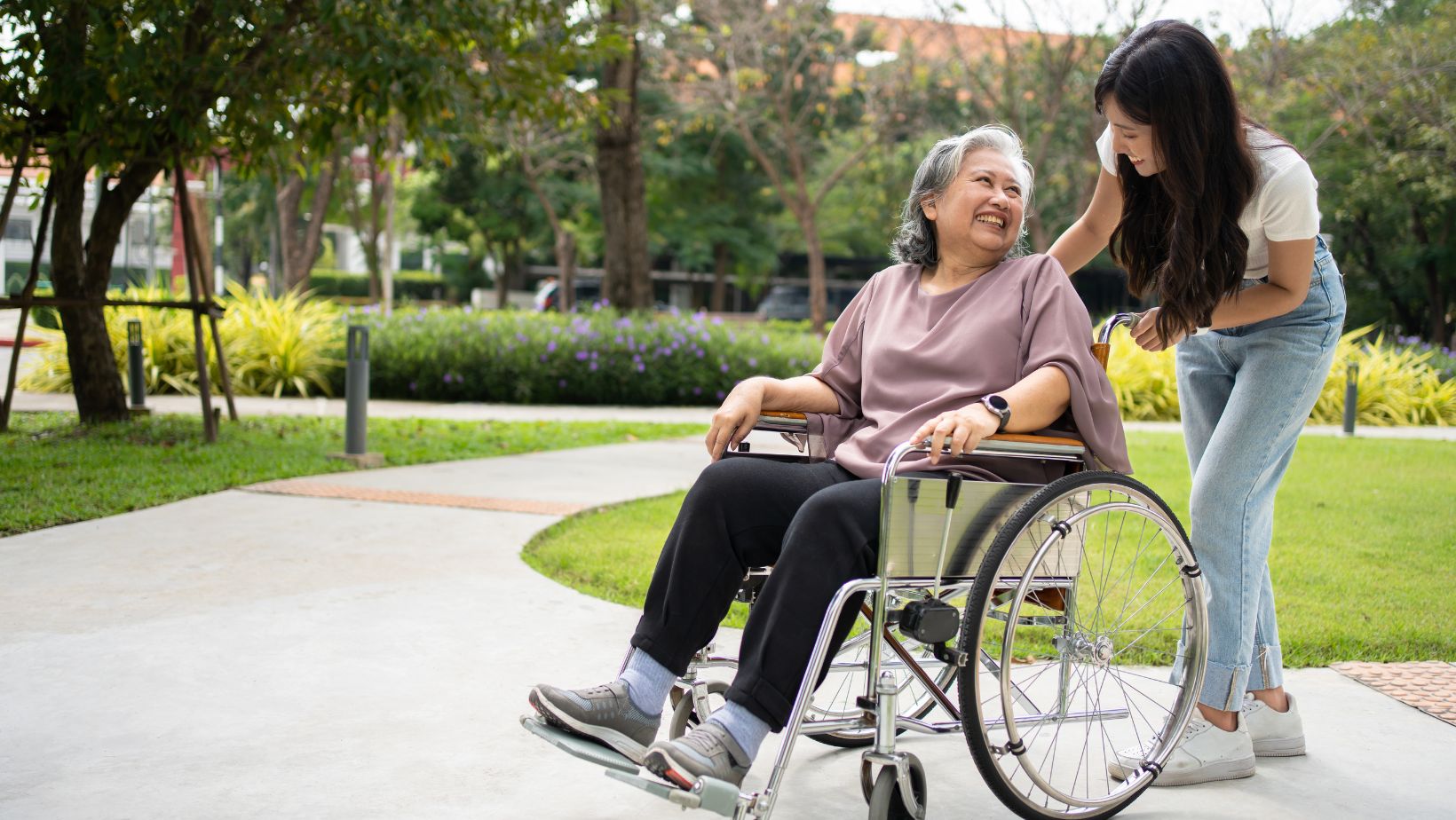Caring for an aging parent or loved one while attempting to manage a career (on top of other responsibilities) can be enjoyable, but also very difficult. Caregivers without access to support may find themselves feeling unsupported and isolated, which can rapidly lead to professional and personal burnout.
Just as it “takes a village” to care for our younger family members, the same applies when it comes to older generations. Whether it’s seeking respite care or enlisting support from an at-home service like Husky Senior Care, it’s important to know that support is available.
Under Pressure
When the stresses of professional responsibilities start to affect well-being, the most common advice is to seek a more even work-life balance. However, for caregivers working duties are often around the clock, leaving little time for respite or personal self-care. If left unaddressed, this can quickly develop into caregiver burnout, signs of which include:
- Feeling hopeless, helpless and low in mood (which can develop into depression)
- Sleep deprivation and overall fatigue
- High levels of stress (also linked to worsening physical health)
 The impact this has on individuals extends not only to their personal well-being, but their capacity to function both in work and as caregivers. In some instances burned-out caregivers may even become abusive or neglectful of those they care for, making support even more essential.
The impact this has on individuals extends not only to their personal well-being, but their capacity to function both in work and as caregivers. In some instances burned-out caregivers may even become abusive or neglectful of those they care for, making support even more essential.
Achieving a Better Balance
The best course of action is to take preventative measures against burnout happening by establishing boundaries. For people who are prone to people-pleasing or who feel pressured by other family members to take on the bulk of care duties, this may feel especially challenging.
Try to arrange a family meeting to discuss care options (keeping the care recipient involved as much as possible so they also have a sense of autonomy). If this feels too difficult to navigate alone, help from a geriatric care manager or professional mediator can help to outline what everyone’s role is and establish a clearer routine. A list of resources for caregivers can also be found via the US Department of Health and Human Services.
At Work
Opening up a conversation about caregiving may feel daunting, but in order for your manager or HR advisor to support you in line with great practice, self-advocacy is essential. Avoid elaborate descriptions of your personal circumstances and narrow the meeting down to two key points:
- Your commitment to the job, and how your circumstances have changed to include caregiving of an elderly person.
- How your employer can support you so that you can function well both at work and in your care duties.
Other options you can explore include:
- Consulting your employee handbook for information on employee assistance programs (EAPs) and related policies such as telecommuting, flexible hours and paid leave.
- Checking your eligibility for the Family and Medical Leave Act (FMLA).
- Utilizing flexible spending accounts (FSAs), depending on whether this is offered.
- Arranging contingency plans; for example, arranging for a coworker to step in in case of a medical emergency.
 Ultimately a more compassionate approach is required, not only for individuals towards themselves but also at the corporate level, working to change biases around caregiving (particularly gender-based) and taking into account how the additional labor of caregiving duties impacts employee well-being and by extension, their capacity to function well at work.
Ultimately a more compassionate approach is required, not only for individuals towards themselves but also at the corporate level, working to change biases around caregiving (particularly gender-based) and taking into account how the additional labor of caregiving duties impacts employee well-being and by extension, their capacity to function well at work.
